Dubai: The Glitzy Gateway to International Crime
Welcome to Dubai, a city that epitomizes luxury, innovation, and growth. But beneath its shimmering façade lies a darker reality. Dubbed the “crime capital of Australia,” Dubai has become a haven for some of the world’s most notorious criminals, including many from Australia. This article delves into the rise of Dubai as a playground for organized crime, fueled by its opulent real estate market and lax regulations. With the recent leaks of property records revealing connections between high-profile criminals and their lavish homes, it raises questions about law enforcement’s ability to combat this growing issue.
The Perfect Storm: Why Dubai?
Dubai’s meteoric rise as a hotspot for international criminals can be attributed to several key factors:
1. Geographical Advantage
Nestled at the crossroads of Europe, Asia, and Africa, Dubai’s strategic location makes it an ideal hub for drug trafficking and other illicit businesses. The city provides a quick jump to major markets in Europe and Southeast Asia, allowing criminals to efficiently move their products across borders.
2. Tax Haven
With no income tax and a business-friendly environment, Dubai attracts individuals looking to conceal their wealth. The lack of rigorous financial scrutiny provides an excellent cover for money laundering, making it easy for criminals to transfer their illicit gains.
3. Real Estate Opportunities
Dubai’s booming real estate market has become a dumping ground for dirty money. The city boasts luxury villas and high-end apartments that serve not just as homes but as assets to launder vast sums of cash. The lack of inquiry into the sources of wealth when purchasing properties has led to an influx of criminal figures buying prime real estate.
4. Weak Regulatory Framework
The UAE has been criticized for its lenient approach to regulating its financial and real estate sectors. Many criminals have found ways to exploit these loopholes, allowing them to operate with relative impunity.
The Underbelly of Luxury: Dubai’s Criminal Elite
As the investigation into Dubai’s property market unfolds, it reveals connections to some of Australia’s most dangerous criminals, including Angelo Pandeli, a notorious figure in the Australian drug trade. According to reports, he has established himself in Dubai’s luxurious enclaves, living a life that most would envy.
Angelo Pandeli: A Case Study
Angelo Pandeli, known as one of Australia’s most powerful organized criminals, has reportedly amassed a fortune through drug trafficking. His lifestyle in Dubai—complete with a multi-million dollar villa—paints a stark contrast to his criminal activities back home.
Tim O’Conor, a former director of operations for the New South Wales Crime Commission, describes Pandeli as an intelligent, low-profile individual who has risen through the ranks of the criminal underworld. Under his leadership, the notorious Aussie cartel has become a major player in the global drug trade, allegedly generating $1.5 billion annually by smuggling drugs like ice and cocaine into Australia.
The Aussie Cartel’s Operations in Dubai
The Aussie cartel, operating out of Dubai, benefits from the city’s strategic location and favorable conditions for their illicit business. The cartel relies on established networks for drug distribution, making it easy to manage operations from afar.
Luxury Properties as a Safe Haven
Recent leaks from Dubai’s property records highlight how the city’s luxury apartments and villas serve as a safe haven for criminals. Notably, several Australian criminals have purchased units in the Sunrise Bay Tower, a building linked to notorious drug smuggling operations.
Among the owners are members of the Comanchero Outlaw Motorcycle Gang and associates of Benjamin Pit, another alleged drug lord. The clustering of these high-profile criminals within the same building emphasizes the lack of oversight and the city’s reputation as a “gangster’s paradise.”
The Data Leak: A Wake-Up Call
The enormous leak of Dubai property records has sent shockwaves through law enforcement agencies in Australia and around the world. This data reveals not only the lavish lifestyles of these criminals but also the extent to which they have embedded themselves in Dubai’s real estate market.
What the Data Reveals
The leaked information has uncovered thousands of entries detailing properties owned by known criminals and corrupt officials. This has prompted questions about the UAE’s role as a facilitator for organized crime.
Global Response
In response to the revelations, some officials from the UAE claim to be serious about tackling corruption and illicit finance. However, skepticism remains regarding their effectiveness and commitment to rooting out organized crime from their shores.
The Implications for Australia and Beyond
The findings from the Dubai property leak have broader implications for international crime and law enforcement in Australia. The fact that Australian criminals can operate with such ease in Dubai reflects systemic failures within Australia’s own regulatory frameworks.
Failures in the System
John Chevis, a former anti-money laundering specialist with the Australian Federal Police, emphasizes that the situation in Dubai highlights a failure of Australian authorities to prevent illicit money from flowing out of the country. For every dollar generated from crime in Australia that ends up in Dubai, multiple points of failure exist in the monitoring and prevention systems.
Criminal Networks Flourishing
As noted by crime commission director Tim O’Conor, the networks have nearly perfected their operations. Despite police efforts, drug trafficking and organized crime continue to thrive, suggesting that criminals are outpacing law enforcement’s ability to keep up.
Conclusion: A Call to Action
The current state of affairs in Dubai presents a formidable challenge for global law enforcement. As long as Dubai remains a sanctuary for organized crime, the implications for countries like Australia are profound.
Moving Forward
To combat the influence of organized crime in Dubai, a coordinated international response is crucial. This includes tightening financial regulations, enhancing information sharing between countries, and increasing pressure on the UAE to address the challenges posed by its lax oversight.
The Future of Dubai
As Dubai continues to attract the world’s elite, the city must grapple with the duality of its identity as both a luxurious haven and a safe harbor for criminals. The time has come for stakeholders in Dubai and Australia to take proactive steps to ensure that this glitzy metropolis does not become synonymous with global crime.
Frequently Asked Questions (FAQ)
1. Why is Dubai referred to as the crime capital of Australia?
Dubai has become a haven for many Australian criminals due to its favorable business environment, strategic location, and lax regulations that allow them to operate with impunity.
2. What types of criminals are living in Dubai?
The city is home to high-profile drug lords, organized crime figures, and corrupt officials from around the world, including Australia.
3. How does Dubai facilitate money laundering?
Dubai’s booming real estate market and lack of rigorous financial scrutiny make it an ideal location for criminals to launder their illicit gains through property investments.
4. What impact does this have on Australia?
The presence of Australian criminals in Dubai underscores systemic failures within Australia’s law enforcement and regulatory frameworks, allowing illicit money to flow out of the country.
5. What measures can be taken to address this issue?
A coordinated international approach is necessary, including tighter financial regulations, improved information sharing, and increased pressure on the UAE to enhance oversight of its financial and real estate sectors.
In a world where crime and luxury coexist, the case of Dubai serves as a stark reminder of the challenges facing global law enforcement. The fight against organized crime is far from over, and it is imperative that steps are taken to dismantle the systems that enable it.
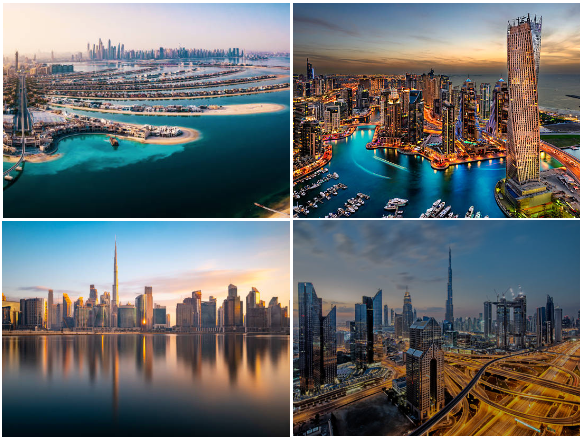
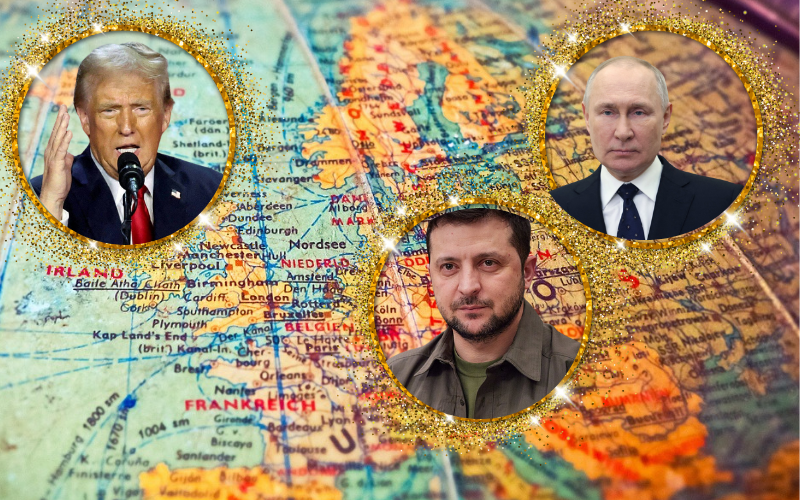

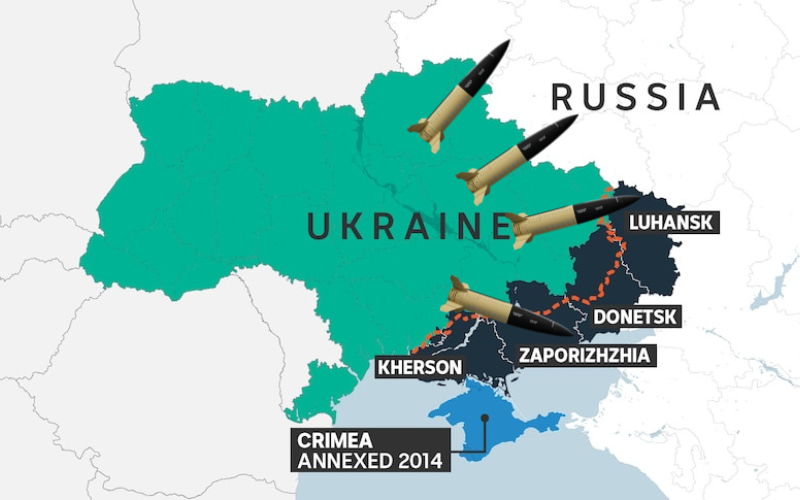
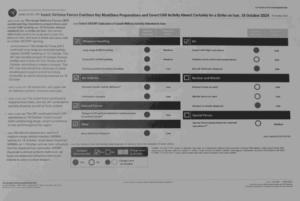
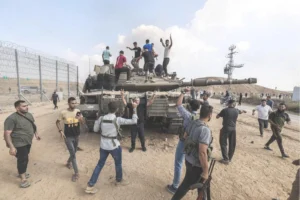




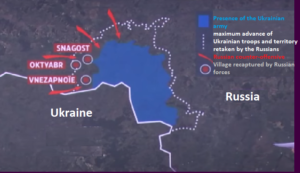

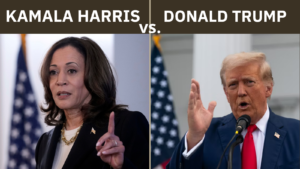

Post Comment